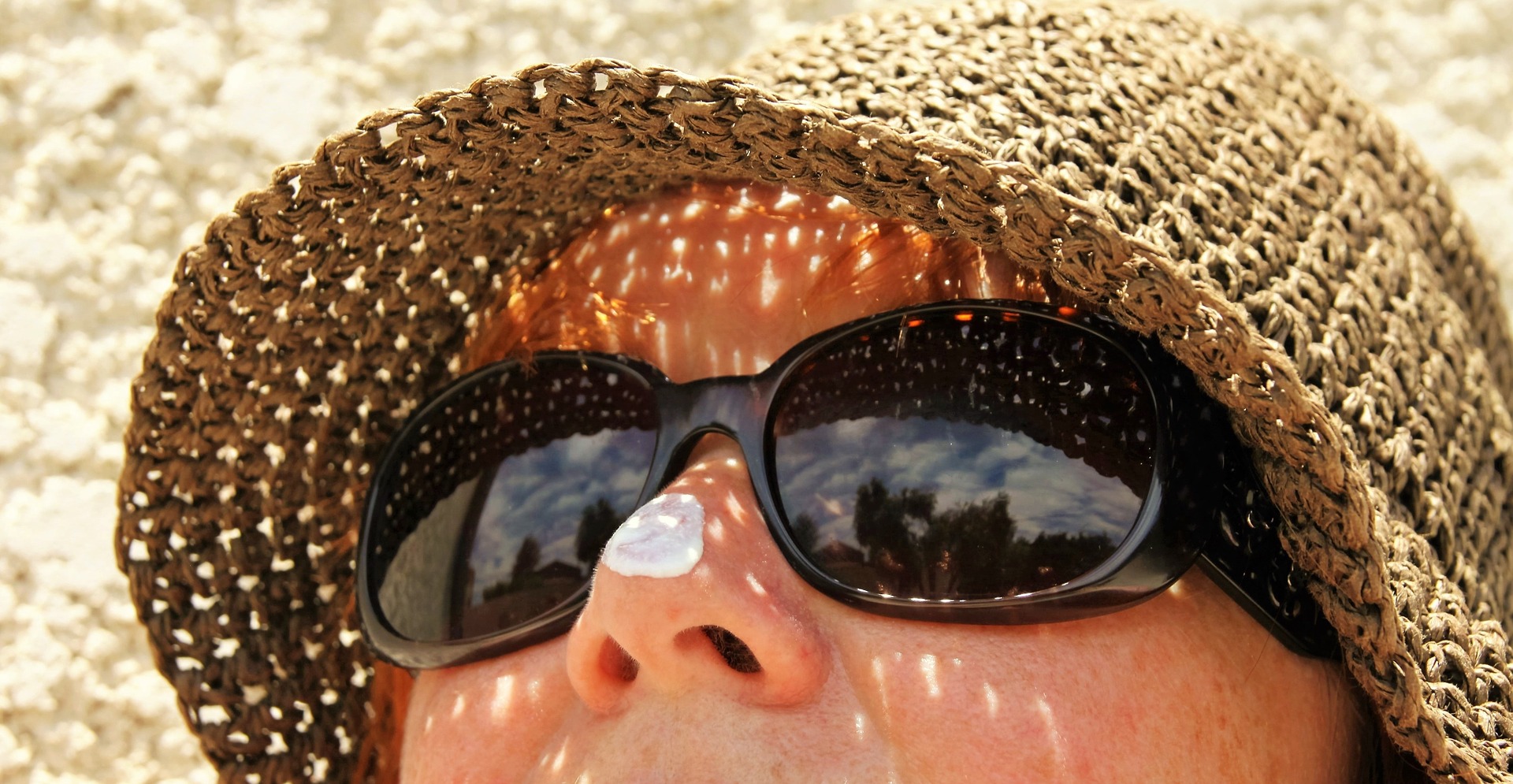NHS Lincolnshire Integrated Care Board is raising awareness of non-melanoma skin cancer, which is the theme for Sun Awareness Week that runs between 12 – 18 May.
Non-melanoma skin cancer usually starts in the top layer of the skin and is typically a growth or an unusual patch of skin. They can often be treated, the main cause of these cancers is exposure to ultraviolet light – from the sun or sunbeds.
When to contact your GP practice
You should contact your GP practice if:
- you have a growth on your skin that’s getting bigger or has changed colour or texture
- you have a growth or area of skin that hurts, itches, bleeds, crusts or scabs for more than 4 weeks
- if your mole starts to bleed
Dr Sunil Hindocha, GP and Medical Director for NHS Lincolnshire Integrated Care Board said:
“We would urge any patients to contact their GP practice if they notice changes to any moles that they have or any areas of skin that itch, scab, bleed or crusts. You can help protect yourself from sun damage by using sunscreen and dressing sensibly in the sun, sunbeds should also be avoided.
“As GPs we see patients who have worked outdoors for a large part of their working lives with non-melanoma cancers. Regularly checking your moles and freckles can help lead to an early diagnosis and increase your chances of successful treatment. In most cases, a suspicious mole will be surgically removed and studied to see if it is cancerous.”
Who is more likely to develop non-melanoma skin cancers?
Non-melanoma cancers are more common in older people. You are more likely to develop one if:
- You have pale skin
- Have red or fair hair
- Have a large number of freckles and moles
- Have been sunburnt regularly
- Use sunbeds
Getting sunburnt can increase your risk of developing non-melanoma skin cancer. Sunburn isn’t only raw or blistered skin, any pink or reddening of the skin is a sign of damage.
How to avoid developing non-melanoma skin cancer
Here are some points to help you avoid developing non-melanoma cancer:
- Wear the right clothing, staying in the shade and using suncream.
- Use a sunscreen with a 5* UVA and at least an SPF 30 of. Re-apply every two hours, or more often if you have been swimming or exercising.
- Drink plenty of water. Cover up with a hat and long sleeves. Wear a wide-brimmed hat to protect your face and neck.
- Wear UV blocking sunglasses to protect your eyes.
- Sun damage to the skin is most likely between 11am and 3pm between March and October. But sunlight can be strong enough to cause sunburn at other times of the day and year, and sometimes even on cloudy days.
- Do not use a sunbed or sunlamp.
For more information about non-melanoma and skin cancer visit: Non-melanoma skin cancer – NHS
